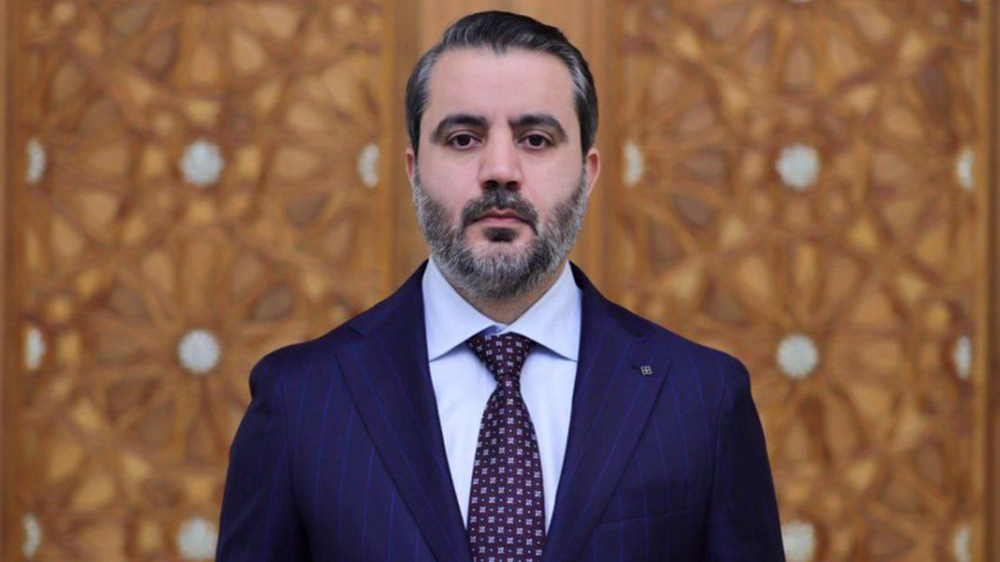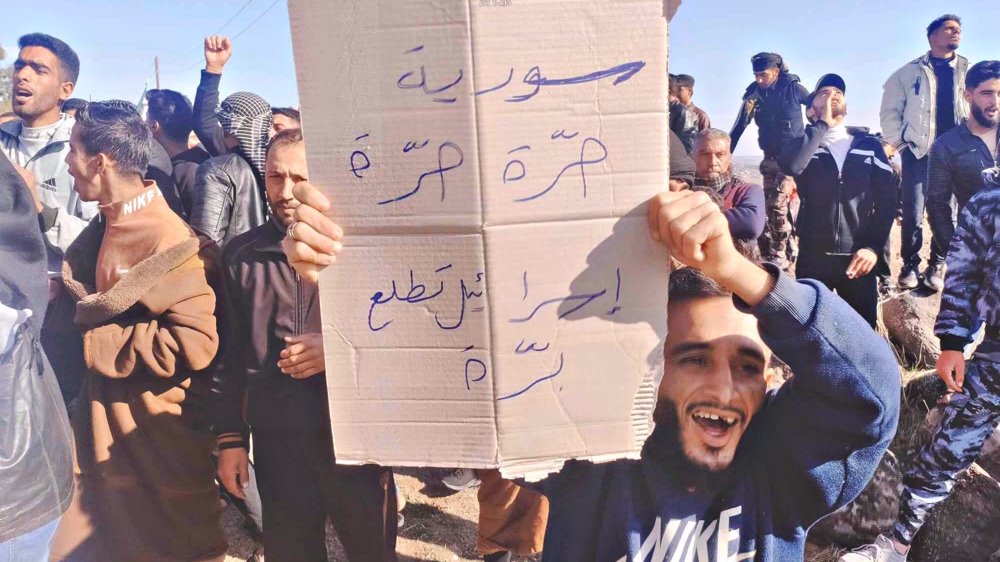Foreign ministers of Iran, Russia, Turkey to meet on Syria crisis in Kazakhstan
The Iranian, Russian and Turkish foreign ministers plan to hold a meeting in Kazakhstan's capital of Astana next week in line with the three countries' efforts to pave the way for ending the nearly seven years of war in Syria.
Iranian Foreign Minister Mohammad Javad Zarif and his Turkish and Russian counterparts Mevlut Cavusoglu and Sergei Lavrov, respectively, are set to meet on March 16 "without observers or Syrian sides," Kazakhstan's foreign ministry said in a statement on Tuesday.
It added that the United Nations Special Envoy for Syria Staffan de Mistura would be invited to the Astana meeting.
The Astana peace talks, which have usually involved delegations from the Syrian government and opposition, began in January 2017 with the mediation of Russia and Iran, two Syria's allies, as well as Turkey, which backs several armed opposition groups operating against Damascus. Together, the three countries have been acting as guarantor states for the peace process.
Read more:
- Zarif in Turkey to exchange view with Lavrov, Cavusoglu on Syria
- In talks with Erdogan, Rouhani warns of plots to disintegrate regional states
- Iran, Russia, Turkey hold technical meeting on Syria truce
- Syria resolute in continuing anti-terror fight with help of Iran, Russia: Assad
Capitalizing on the achievements of Astana, Russia on January 29-30 convened a high-profile meeting on Syria — the Syrian Congress of National Dialog — in the Russian port city of Sochi.
The Astana process came after the guarantor states helped bring a ceasefire to Syria’s second city of Aleppo, and then to entire Syria, which has been witnessing foreign-backed militancy since 2011.
It resulted in the establishment of four deescalation zones across Syria in mid-September last year, and was hailed by the United Nations for its contribution to a parallel process, which the world body has been mediating between Damascus and the so-called Syrian opposition in Geneva.
The new round of talks in Astana would be held as Syrian government troops made major gains on their path of freeing Eastern Ghouta from terrorist groups.
According to al-Masdar news agency on Monday, Syrian troops have fully recaptured the al-Muhammadeya village and all farmlands surrounding it following heavy clashes with the militants. Government troops are also making advances in the Harasta district.
Eastern Ghouta, a besieged area on the outskirts of Damascus, has witnessed deadly violence over the past few weeks, with Takfiri terrorist outfits, one of which is made up of militants from al-Qaeda's ex-affiliate, have been launching mortar attacks on the Syrian capital in the face of an imminent humiliating defeat, killing around 20 civilians in two weeks.
Eastern Ghouta is one of four de-escalation zones in Syria aimed at separating extremist groups, including Daesh and Jabhat Fatah al-Sham -- formerly known as al-Nusra Front -- from other militants as an attempt to reduce violence in the war-torn Arab country.
Last week, the so-called Syrian Observatory for Human Rights, which is sympathetic to the militants operating against the Damascus government, claimed a suspected chlorine attack had taken place in the militant-held al-Shifuniyah village of the Eastern Ghouta region on February 25.
Kremlin spokesman Dmitry Peskov on Tuesday rejected allegations that the Syrian government is using chemical weapons, stressing that only an international body can rule on the issue based on an “impartial” probe.
“The provocations are continuing that spawn such insinuations and unfounded accusations against the Syrian leadership,” Peskov told reporters.
On Monday, The Washington Post quoted US officials as saying that the government was considering new military action against the Syrian government in response to reports of suspected chemical weapons use.
Damascus denied the accusation of being behind the alleged gas attack and described it as a “fabrication” to justify the subsequent US missile strike.
Read more:
'Next to impossible' to rescue patients from Gaza's Kamal Adwan Hospital: Director
VIDEO | Vietnam current prosperity
Report blames gasoil exports for shortage at Iranian power plants
VIDEO | Hind Rajab Foundation names Israeli war criminals vacationing after Gaza genocide
VIDEO | Australians rally for Gaza ahead of Christmas festivities
VIDEO | Attacks on Sana'a
Iran reports further drop in annual inflation rate in December
Israel indicts two settlers over suspected spying for Hezbollah













 This makes it easy to access the Press TV website
This makes it easy to access the Press TV website